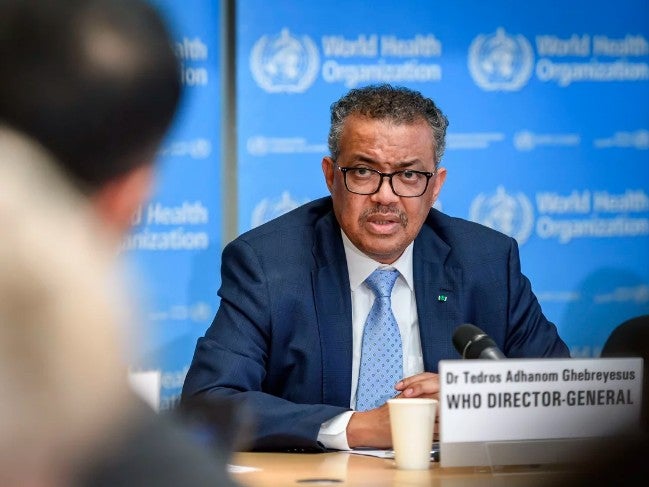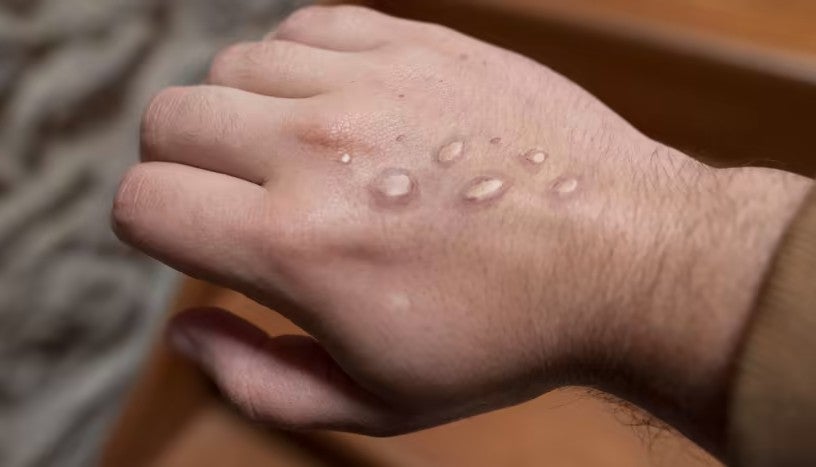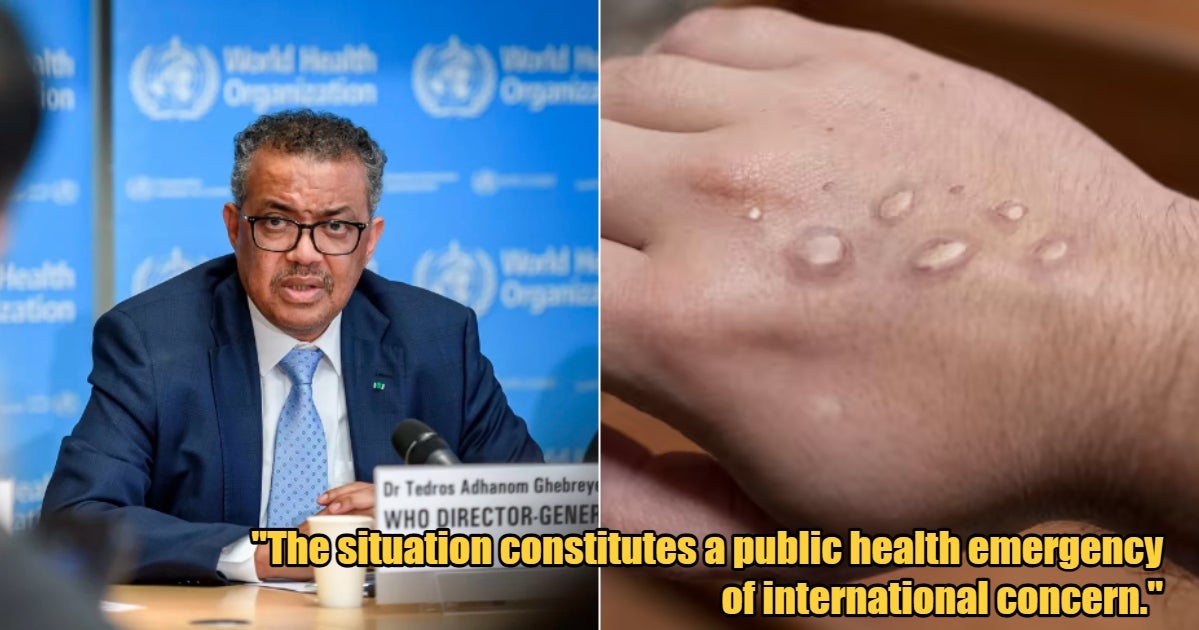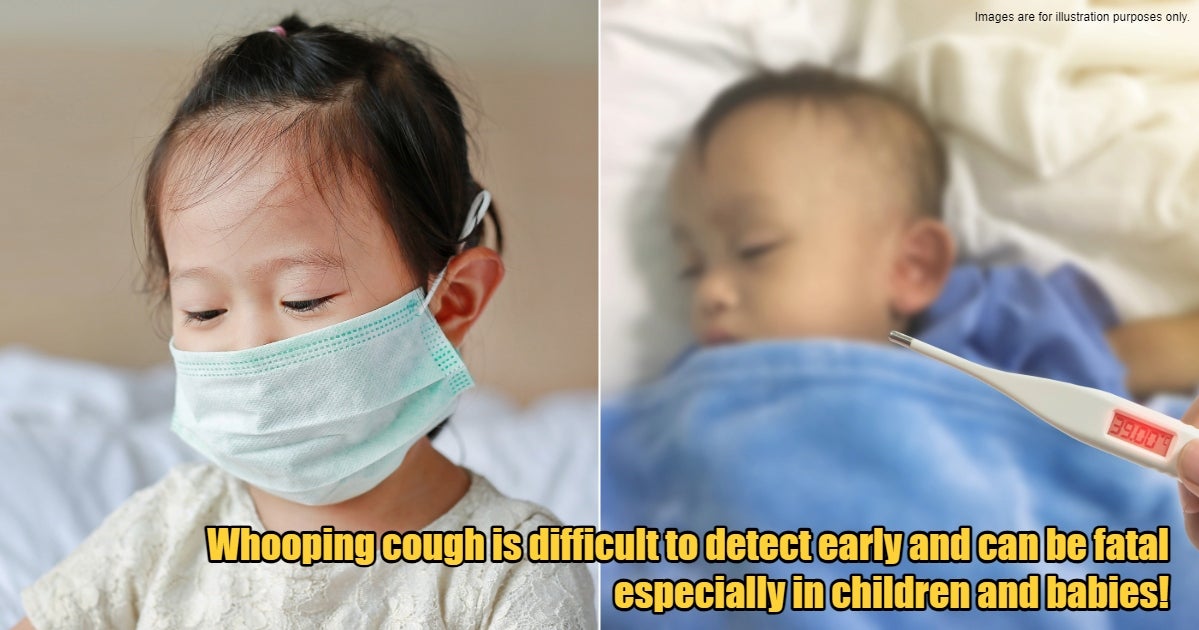Following the Covid-19 pandemic, everyone has been extra careful and weary of potential diseases and viruses that can cause deaths and disruptions on a global scale.
With that being said, it appears that there’s another virus we all have to beware of.
The World Health Organisation (WHO) recently took to its Twitter page to announce Monkeypox (Mpox) as an international emergency.

WHO Director-General Dr Tedros Adhanom Ghebreyesus shared, “Mpox has been reported in DRC (Democratic Republic of the Congo) for more than a decade, and the number of cases reported each year has increased steadily over that period.”
“Last year, reported cases increased significantly, and already the number of cases reported so far this year has exceeded last year’s total, with more than 14,000 cases and 524 deaths.”
Concerned over the increase in cases, he convened an Emergency Committee under the International Health Regulations which advised him that the situation constitutes a public health emergency on an international scale.
According to WHO’s statistics, Southeast Asia reported 925 confirmed cases of Monkeypox, with 11 confirmed deaths, from January 2022 to June 2024.

22 new cases were discovered in May 2024 and 11 new cases in June 2024.
Last year, 9 cases of Mpox were reported in Malaysia.
What is Monkeypox (Mpox)?
The Mpox disease is an enveloped double-stranded DNA virus of the Orthopoxvirus genus in the Poxviridae family, which includes variola, cowpox, vaccinia and other viruses. The two genetic clades of the virus are clades I and II.
The symptoms of Mpox include:
- Rashes
- Fever
- Sore throat
- Headaches
- Muscle aches
- Back pain
- Low energy
- Swollen lymph nodes
Mpox can be transmitted through contact with an infected person or animal, through:
- Face-to-face (talking or breathing)
- Skin-to-skin (touching or vaginal/anal sex)
- Mouth-to-mouth (kissing)
- Mouth-to-skin contact (oral sex or kissing the skin)
- Respiratory droplets or short-range aerosols from prolonged close contact
While people can recover from Mpox through medical attention, some can get very sick and the disease can cause death.
Similarly to Covid-19, hygiene is very important when it comes to protecting yourself from Monkeypox. So, don’t forget to wash your hands with soap and water, and use hand sanitiser regularly.
We genuinely hope that everyone stays safe out there.
Do stay tuned for more updates.
Also read: A Deadly Whooping Cough Outbreak is Spreading Around the World & Here’s What You Need to Know!









































